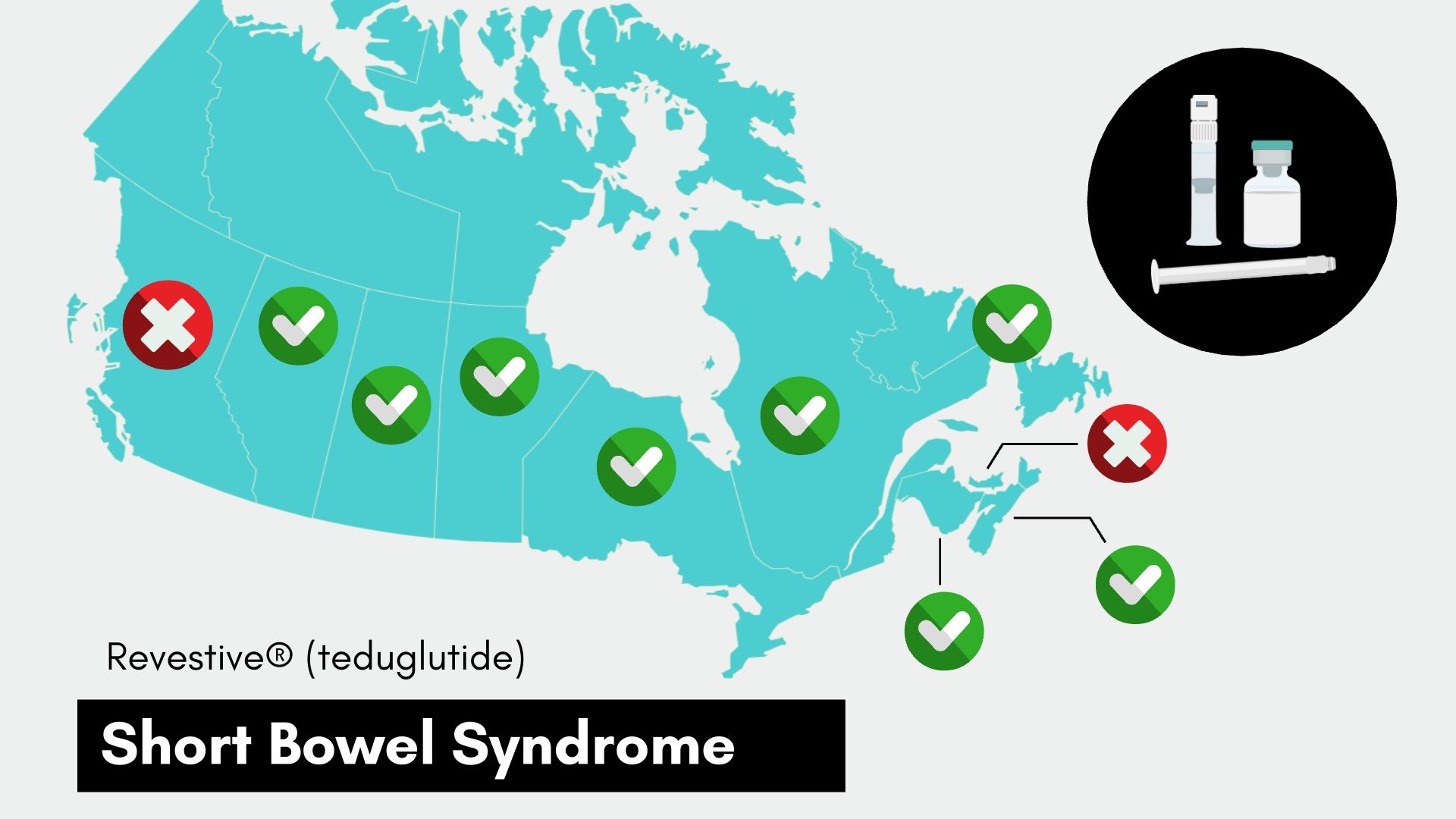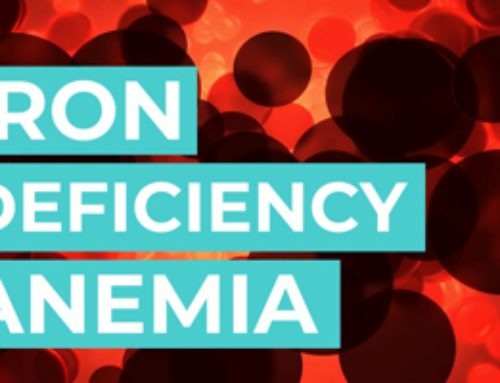
BC Patients Left Behind as Province Fails to Provide Essential Medication Coverage
Funding for 30+ Life-Saving Drugs Must Be an Election Priority
September 25, 2024 – Vancouver, BC – As British Columbians prepare to vote on October 19, the Gastrointestinal Society is highlighting a critical issue facing patients: BC PharmaCare’s refusal to fund over 30 essential medications covered in most other Canadian provinces. This lack of coverage has left countless British Columbians without access to life-saving treatments.The BC Medication Coverage Report highlights how patients with various conditions, including digestive diseases, arthritis, multiple sclerosis, skin diseases and other common health issues, are left without access to necessary medications. These patients face stark choices: relocate to another province or endure severe health impacts due to inadequate treatment options.
A clear example is a darling three-year-old girl living with short bowel syndrome (SBS), a rare and serious condition that can lead to dehydration, malnutrition, fatigue, and delayed growth. The only medication available to treat SBS is Revestive® (teduglutide), a Canadian invention that is publicly funded in all provinces except Prince Edward Island, where there are no cases of SBS, and BC. The government’s failure to cover Revestive® forces children to rely on total parenteral nutrition via an intravenous line, drastically impacting their quality of life.

Three-year-old Nanaimo girl, who has Short Bowel Syndrome, enjoys picking flowers—a simple joy made possible by a life-changing medication not covered in BC.
“My granddaughter’s life after starting Revestive® was nothing short of miraculous,” said Christine Langley, who cares for her three-year-old granddaughter with SBS. “She can now eat and drink normally, something we never thought possible. However, we only have access to this drug through compassionate use from the manufacturer because BC PharmaCare deems it too costly. This isn’t about rigorous evaluation, it’s about neglecting patient care.”
Denial of funding for Revestive® is only a symptom of a larger issue in BC. From 2018 to 2023, BC PharmaCare denied funding for 31 medications approved by most provinces, while Ontario and Alberta rejected only two or three. In 2022, BC allocated a mere $257 per person for prescription medicines, compared to the Canadian average of $442, highlighting the stark disparity in healthcare funding.
“Despite our repeated efforts to engage with Health Minister Adrian Dix and Premier David Eby since 2023, including the release of the Coverage Report in January 2024, these BC NDP leaders remain unresponsive,” said Gail Attara, President and CEO of the Gastrointestinal Society. “Their prolonged inaction is an injustice to patients who continue to suffer due to underfunding and lack of access to essential medications.”
As the provincial election unfolds, the Gastrointestinal Society, along with members of the MedAccessBC Coalition, urges the BC government to make providing equitable and inclusive access to essential medicines a priority to ensure no patient is left behind. This election presents a crucial opportunity for British Columbians to demand better healthcare access.
To read the full report, visit badgut.org/bc-public-medication-coverage/
About the Gastrointestinal Society
As the Canadian leader in providing trusted, evidence-based information on all areas of the gastrointestinal tract, the Gastrointestinal Society is committed to improving the lives of people with digestive, obesity, and liver conditions, supporting research, advocating for appropriate patient access to healthcare, and promoting health. https://badgut.org/
Media Contact
Gail Attara, Chief Executive Officer
Gastrointestinal Society
[email protected]




















